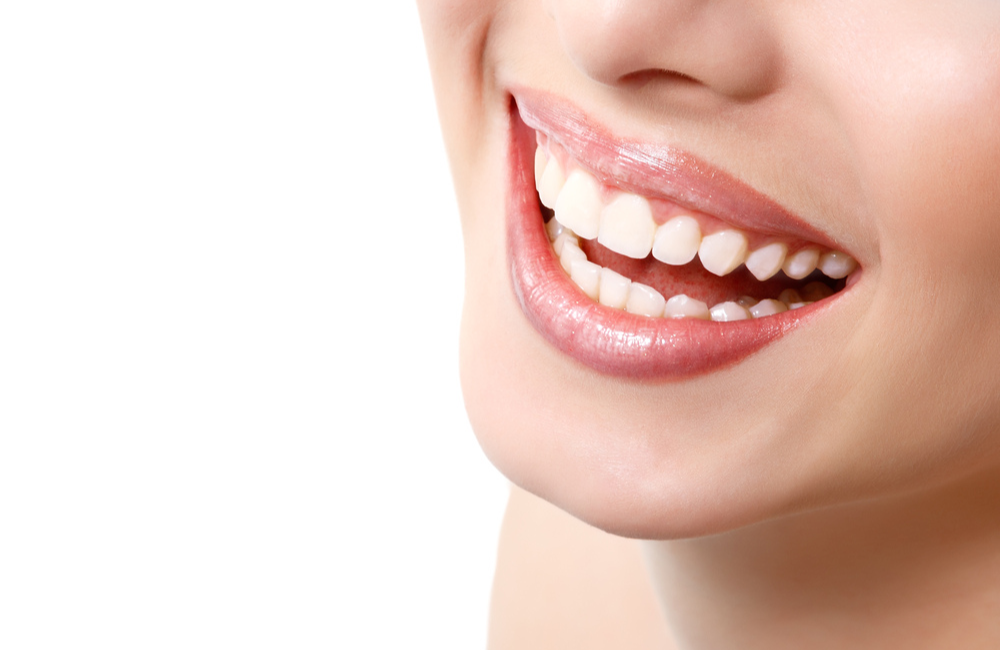Everyone wants a brighter, whiter smile—but for those with sensitive teeth, whitening treatments can seem like a painful trade-off. The good news? Teeth whitening is not off-limits just because your teeth are sensitive. With the right approach and professional guidance, you can safely achieve a radiant smile without discomfort.
In this blog, we’ll explore the causes of sensitivity, discuss the safest whitening options for sensitive teeth, and explain how professional treatment can help you get noticeable results gently and effectively.
Why Are Some Teeth More Sensitive Than Others?
Common Causes of Tooth Sensitivity
Tooth sensitivity is usually the result of exposed dentine—the layer beneath your enamel—which can happen for several reasons:
- Enamel erosion from acidic foods and drinks
- Aggressive brushing or using hard-bristled toothbrushes
- Receding gums that expose the root surfaces
- Tooth decay, worn fillings, or cracked teeth
When these underlying issues exist, whitening agents can irritate nerves inside the tooth, intensifying the sensitivity.
How Whitening Products Can Aggravate Sensitivity
Many over-the-counter whitening products use peroxide-based ingredients. These penetrate the enamel to break down stains but can also:
- Cause dehydration of the tooth, making it more sensitive to temperature changes
- Irritate exposed dentine or gum tissue
- Increase discomfort if enamel is already thin or damaged
This doesn’t mean whitening is off the table—it just means you need a gentler, customised approach.
Teeth Whitening Options – Which Are Safe for Sensitivity?
Whitening Toothpastes for Sensitive Teeth
These contain mild abrasives and are often peroxide-free. They help polish away surface stains over time and are usually formulated with desensitising agents like:
- Potassium nitrate
- Stannous fluoride
Pros: Safe for daily use, low risk of irritation
Cons: Results are very gradual and may not significantly brighten deep stains
Whitening Strips and Kits – Proceed with Caution
Some high-street whitening kits and strips advertise low-peroxide formulas for sensitive teeth. However:
- Fit is not custom, which may allow gel to irritate gums
- Overuse or misuse can worsen sensitivity
- Not regulated as strictly as professional products in the UK
It’s essential to speak to your dentist before trying these options.
In-Surgery Professional Whitening Treatments
These are the safest and most effective options if you have sensitive teeth. Clinics offer systems designed specifically for comfort and customisation, such as:
- Enlighten Evolution Whitening
- Philips Zoom! with adjustable light intensity
- Boutique Whitening with desensitising formula
Under dentist supervision, these treatments are precisely controlled, significantly reducing the risk of irritation.
Benefits:
- Immediate results
- Personalised to your level of sensitivity
- Desensitisers are often applied before, during, and after
Custom Take-Home Whitening Trays
Many dentists offer take-home kits with custom-made trays and prescription-strength gel. These:
- Ensure even application
- Limit gel contact with gums
- Can include desensitising additives in the formula
- Allow for a slower, more comfortable whitening process over 1–2 weeks
How Dentists Manage Sensitivity During Whitening
Pre-Whitening Assessment
Your dentist will start with a full examination to check for:
- Gum recession
- Cracks, cavities or existing restorations
- Areas of exposed dentine
This helps rule out conditions that need treatment before whitening can begin safely.
Use of Desensitising Agents
Before, during, and after your whitening procedure, your dentist may apply:
- Potassium nitrate (to calm nerve endings)
- Fluoride varnishes (to remineralise enamel)
These help block nerve signals and reduce discomfort.
Tailoring the Whitening Plan
Your dentist might adjust:
- The strength of the whitening gel
- The duration of each session
- Whether you have in-clinic, take-home, or combination treatments
This flexibility ensures that whitening works for your specific comfort level.
Post-Whitening Care for Sensitive Teeth
Tips to Soothe Sensitivity After Whitening
Some temporary sensitivity is normal, even with careful treatment. Here’s how to manage it:
- Avoid hot or cold food and drinks for at least 48 hours
- Use a sensitive toothpaste (like Sensodyne or Colgate Pro-Relief)
- Rinse with fluoride mouthwash to help strengthen enamel
- Avoid whitening products for several days
Maintaining Results Without Further Irritation
- Avoid staining foods (coffee, red wine, curry)
- Don’t smoke
- Brush with a soft toothbrush using gentle circular motions
- Maintain regular hygiene appointments for gentle professional cleaning
When to Avoid Whitening Entirely
There are cases where whitening should be delayed or avoided until underlying issues are treated. These include:
- Untreated tooth decay or gum disease
- Severe enamel erosion
- Cracks or fractures in the teeth
- Recent dental surgery or restorations
Your dentist will advise on when whitening is safe for you.
FAQs About Whitening with Sensitive Teeth
Q: Is professional whitening painful for sensitive teeth?
Not with the right precautions. Dentists use desensitisers and tailor treatments to minimise discomfort.
Q: How long does sensitivity last after whitening?
Usually 24–48 hours, but it varies. Professional treatments reduce this risk.
Q: Can I use peroxide-free whitening?
Yes—some systems use non-peroxide alternatives, but they tend to produce slower or less dramatic results.
Q: Is laser whitening safer for sensitivity?
Laser whitening can be effective and comfortable if controlled, but it’s not automatically better than gel-based systems. Your dentist will recommend the best option.
Conclusion
Having sensitive teeth doesn’t mean you have to live with stains or a dull smile. Modern dentistry offers a range of safe, effective whitening treatments tailored to sensitive mouths. From custom trays and in-clinic whitening to post-care routines, you can achieve noticeable results without discomfort—if it’s done properly. Don’t take chances with over-the-counter kits or one-size-fits-all strips. Book your professional teeth whitening in London today and enjoy a brighter, more confident smile—comfortably.








